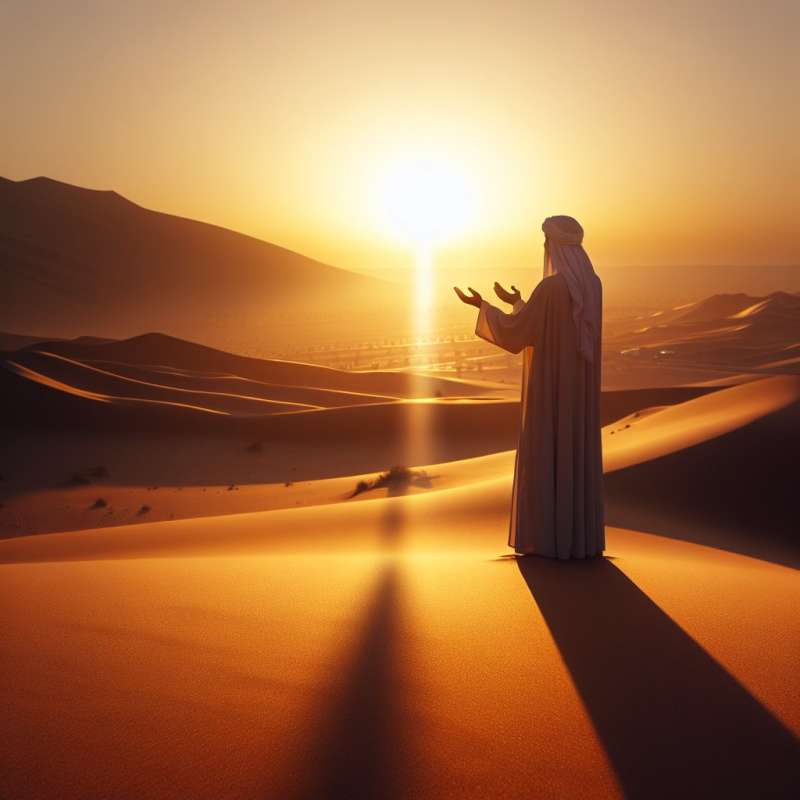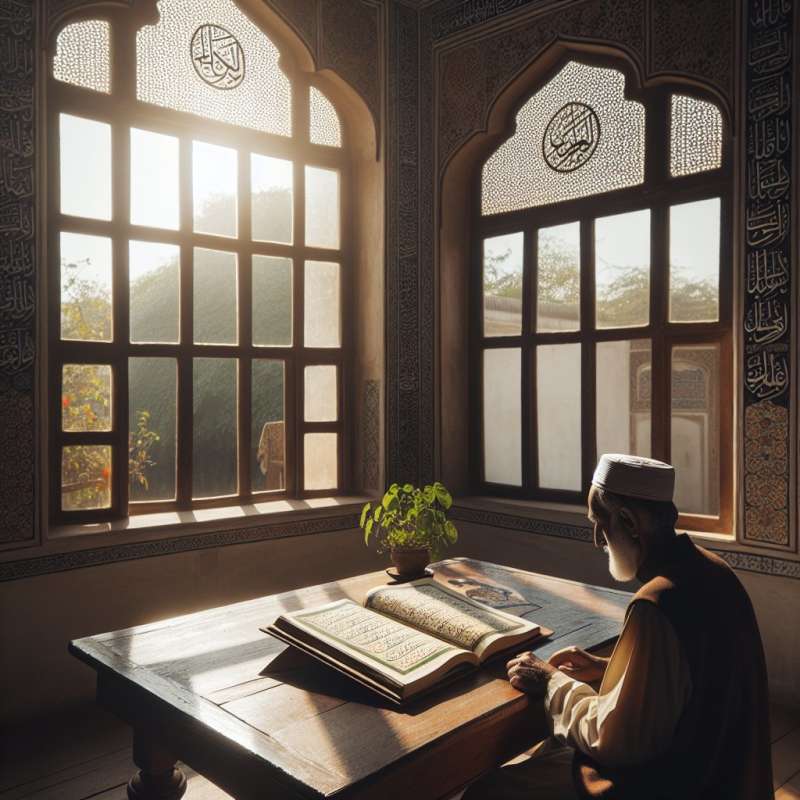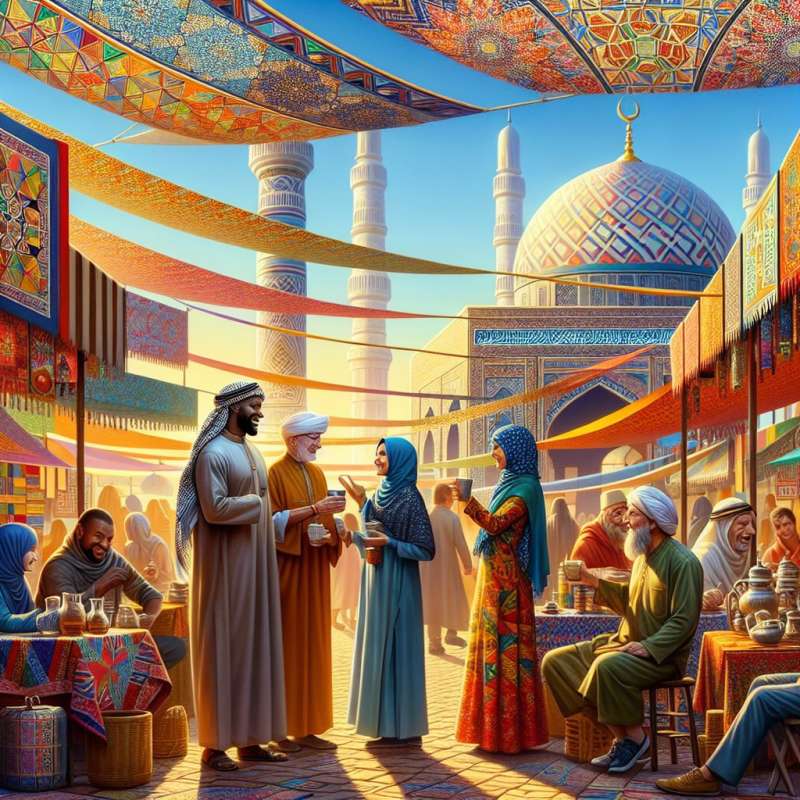
Islam's Foundational Prophet
Islam was founded in the 7th century CE in Mecca by the Prophet Muhammad. He received revelations from God, Allah in Arabic, which were later compiled into the Quran.
Quran: The Divine Scripture
The Quran is considered the verbatim word of God. It's written in Arabic and divided into chapters called surahs. Unlike the Bible, it's recited in its original language by Muslims worldwide.
Five Pillars of Practice
Islam's core practices are the Five Pillars: Shahada (faith declaration), Salat (prayer), Zakat (charity), Sawm (fasting during Ramadan), and Hajj (pilgrimage to Mecca).
Spread Beyond Arabia
By the 8th century, Islam expanded beyond the Arabian Peninsula, influencing Spain, India, and Southeast Asia. This spread was facilitated both by conquest and peaceful trade relationships.
Sectarian Split: Sunni and Shia
The death of Muhammad led to a split in Islam between Sunni and Shia. This division stemmed from a disagreement over who should lead the Muslim community.
Cultural Contributions and Science
Islamic Golden Age scholars like Avicenna and Al-Khwarizmi made significant contributions to medicine, mathematics, and astronomy, influencing the Renaissance and beyond.
Diverse Islamic Interpretations
Islam is not monolithic. It encompasses multiple schools of thought and practices that vary culturally across the globe, reflecting local traditions and histories.
Who founded Islam in Mecca?
Prophet Muhammad
Caliph Umar
Prophet Ibrahim
Company